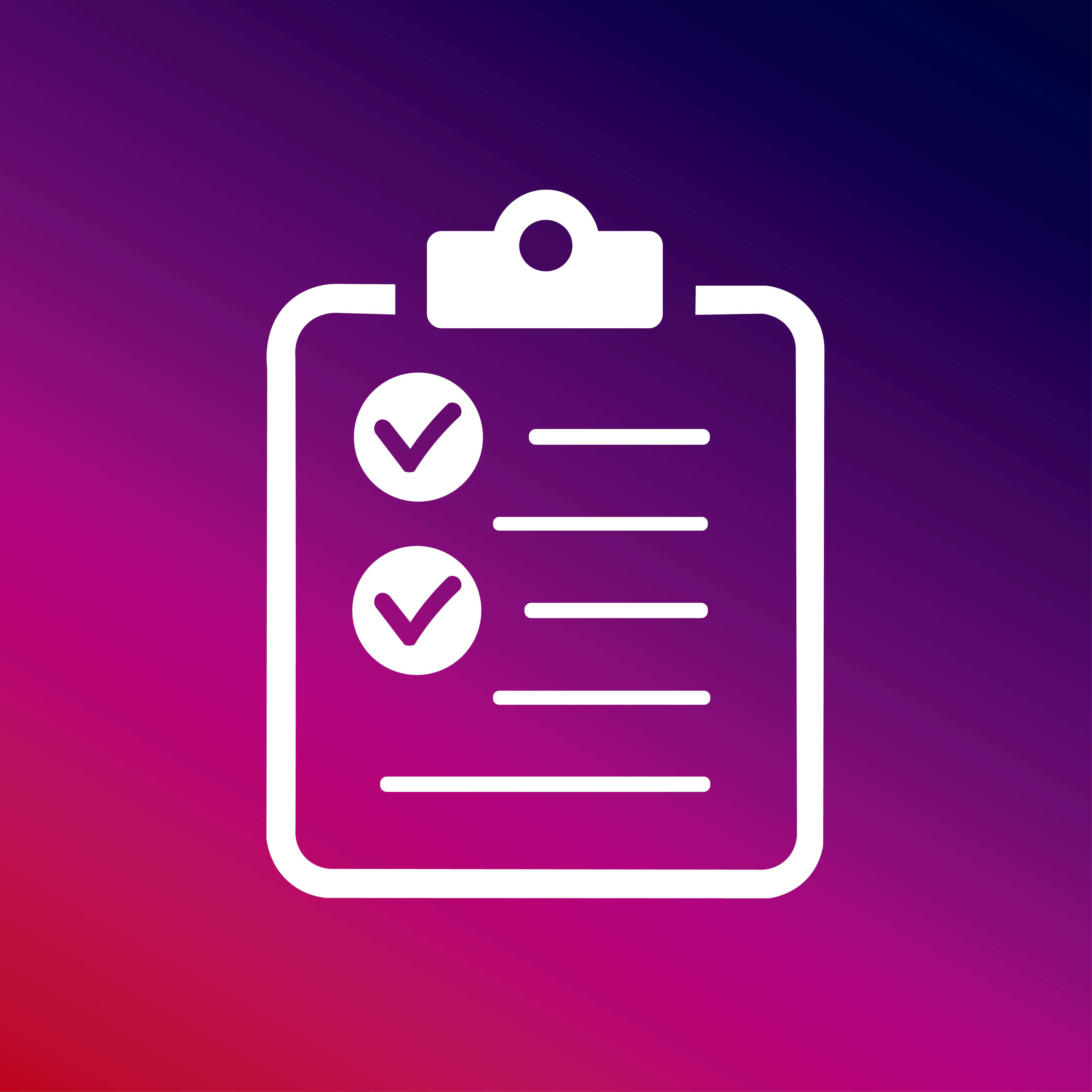reCAPTCHA Re-tooled

If you've spent any notable level of time on the Web, you've most certainly encountered CAPTCHAs.
Love them or loathe them, they are useful in thwarting spam and keeping automated software from engaging in abusive activities on websites, but they could definitely use some improvement on the usability front.
CAPTCHAs have been used for well over a decade, but as advancements in artificial intelligence have narrowed the gap between humans and machines when it comes to deciphering (reading) text, improved solutions are in great demand.
Google has been making improvements to its reCAPTCHA solution, announcing a more "adaptive and better-equipped" solution to distinguish automated software from legitimate users.
reCAPTCHA's newly updated system considers the user's engagement before, during and after the interaction with the CAPTCHA. Google didn't go into great detail about how it all works, but did indicate that the new system acts as more of an engagement medium to "elicit a broad range of cues that characterize humans and bots."
Essentially, that will result in humans (real users) encountering easier to solve CAPTCHAs and bots encountering considerably more difficult ones (or instances when they don't even encounter them at all). In the end, a better reCAPTCHA system means a better user experience and that's something that all 'Net professionals will benefit from.








